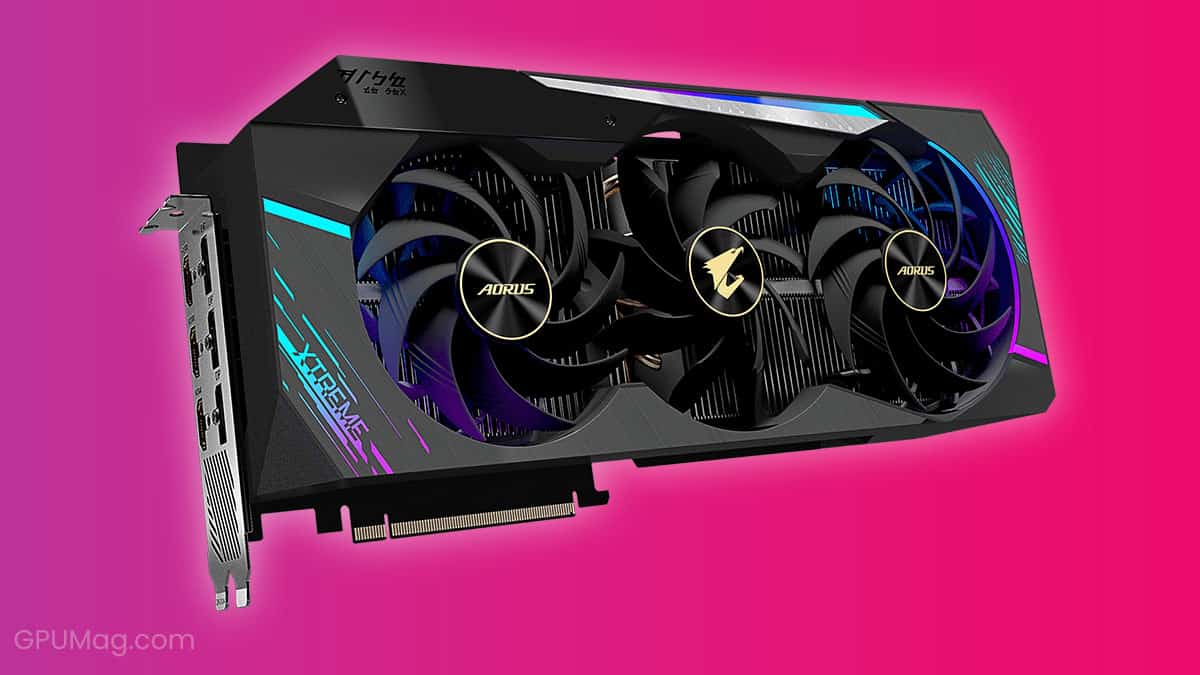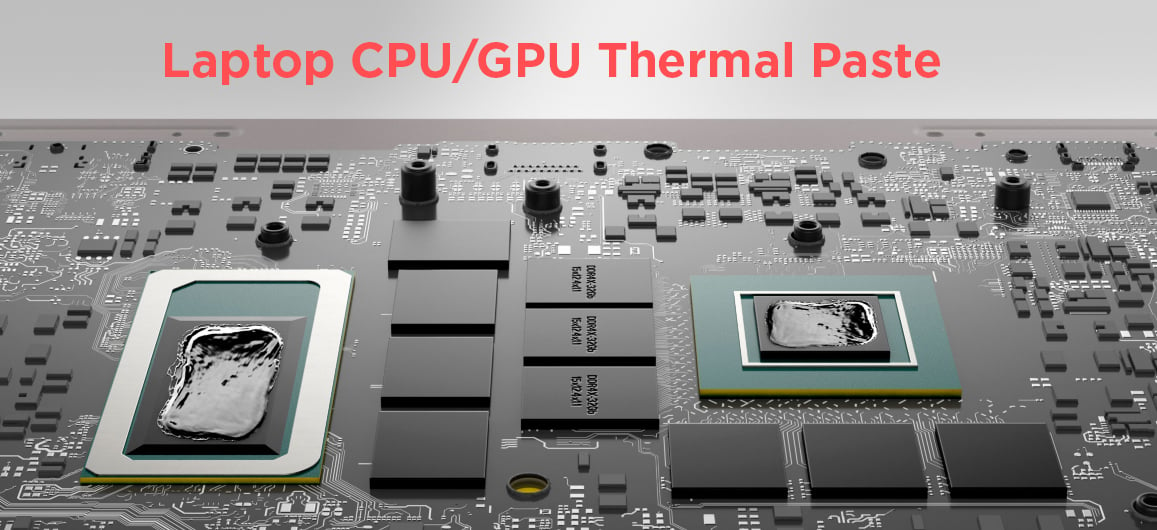Fantastic Info About Should I Buy OC GPU Or Not

Question Does OC Edition Mean Tom's Hardware Forum
OC GPU
1. Understanding Overclocked GPUs
So, you're staring down the barrel of a new GPU purchase, and you see those tantalizing "OC" versions. "Should I buy OC GPU or not?" That little "OC" stands for "Overclocked," meaning the manufacturer has already given the card a little speed boost straight out of the box. Think of it like a performance-enhancing energy drink for your graphics card. But is it worth the extra cash?
Before we dive in, let's clarify what overclocking actually does. Essentially, it pushes the GPU's clock speed beyond its default settings, resulting in potentially higher frame rates in games and faster rendering times in other graphically intensive applications. Factory overclocked cards are, in theory, pre-tested to ensure stability at these higher speeds. You're paying for the assurance that someone else has already dialed in a safe and reliable overclock.
The lure of extra performance is definitely strong, especially when you're trying to squeeze every last frame out of your favorite titles. But, like anything in life, there are both advantages and disadvantages to consider. It's not always a straightforward "yes" or "no" answer to the question, Should I buy OC GPU or not?
Consider it like this: buying an OC GPU is like buying a car with a tuned engine. It's potentially faster, but it might also need premium fuel (better cooling) and could possibly wear out sooner if you constantly push it to its limits. We'll break down those considerations a bit more as we go.
2. The Upsides
Alright, let's talk about the good stuff. Why would you even consider shelling out extra money for an OC GPU? Well, the most obvious benefit is increased performance. Even a relatively small overclock can translate to a noticeable bump in frame rates, especially in demanding games or applications. This can be the difference between a smooth, enjoyable experience and a stuttering mess. Nobody wants a stuttering mess!
Another perk is convenience. If you're not comfortable manually overclocking your GPU yourself (and let's be honest, it can be a bit daunting for beginners), buying an OC card means you get that extra performance without having to tinker with settings and risk damaging your hardware. It's a pre-packaged performance upgrade for the technically timid. You just plug it in and go!
Often, OC GPUs also come with improved cooling solutions. Manufacturers know that running the card at higher speeds generates more heat, so they often equip these cards with beefier coolers, better fans, and sometimes even liquid cooling solutions. This can lead to lower temperatures, quieter operation, and potentially even more headroom for further overclocking if you're feeling adventurous. So, sometimes "Should I buy OC GPU or not" is answered by if you need better cooling.
Finally, there's the peace of mind that comes with knowing the manufacturer has tested the card for stability at those higher speeds. While it's not a guarantee, it does significantly reduce the risk of encountering crashes or other issues due to an unstable overclock. It's like buying a car that's already been test-driven by the factory.
3. The Downsides
Okay, time for the reality check. While OC GPUs offer some compelling advantages, they also come with potential drawbacks. The biggest one is price. Overclocked cards almost always cost more than their non-OC counterparts. Sometimes the performance increase justifies the cost, sometimes it doesn't. You really need to compare benchmarks and pricing to see if you're getting good value for your money.
Another potential downside is increased power consumption and heat generation. Overclocking inherently requires more power, which means your power supply needs to be up to the task. It also means the card will run hotter, which can potentially lead to thermal throttling (where the card reduces its clock speed to prevent overheating) if your cooling isn't adequate. If your PSU is already borderline and your case has terrible airflow, an OC GPU might not be the best choice.
There's also the question of longevity. While factory overclocks are generally considered safe, running any piece of hardware at higher-than-stock speeds will inevitably put more stress on its components. This could potentially reduce the lifespan of the card, although the actual impact is often negligible. It's something to keep in mind, especially if you plan on keeping the card for many years.
And finally, sometimes the performance gains simply aren't worth the extra cost and hassle. Depending on the game, your resolution, and the rest of your system, the difference between an OC and a non-OC card might be minimal. Always do your research and see if the extra frames are actually noticeable in the games you play most often. Sometimes, the answer to Should I buy OC GPU or not? is simply, "Nah, not really."
4. Making the Decision
So, how do you decide whether or not an OC GPU is right for you? Well, it really depends on your individual needs, budget, and technical expertise. Consider your budget. How much are you willing to spend on a graphics card? If you're on a tight budget, the extra cost of an OC card might not be worth it. There are other areas you can allocate that money to like more RAM or better CPU.
Think about your technical skills. Are you comfortable manually overclocking your GPU yourself? If so, you might be able to save money by buying a non-OC card and overclocking it yourself. There are tons of resources online to help you get started and fine tune it to your liking. Just be careful and follow the instructions carefully!
Consider the games you play. Are you playing demanding games at high resolutions? If so, the extra performance of an OC card might be noticeable. If you're mostly playing older or less demanding games, the difference might be minimal.
And finally, think about your cooling. Do you have adequate cooling in your case? If not, you might want to upgrade your cooling before buying an OC GPU. Running a hot GPU in a poorly ventilated case is a recipe for disaster. So, Should I buy OC GPU or not? also depends on what other equipment you have.
5. Alternatives to Buying an OC GPU
If you're not sure about buying an OC GPU, there are a few alternatives to consider. The first is to simply buy a non-OC card and overclock it yourself. This can save you money and give you more control over the overclocking process. Just be sure to do your research and follow the instructions carefully!
Another option is to upgrade other components in your system. Sometimes, the bottleneck isn't your GPU, but your CPU, RAM, or storage. Upgrading these components can often provide a more significant performance boost than buying an OC GPU. For example, if your CPU is old and weak, upgrading to a newer CPU could provide more benefit than just upgrading the GPU.
You could also adjust your game settings. Lowering the graphics settings in your games can often improve performance without requiring you to buy a new GPU. You can reduce the resolution, lower the texture quality, or disable certain effects. Experiment with different settings to find the right balance between performance and visual quality.
Finally, consider waiting for a price drop or a new generation of GPUs to be released. Prices often drop when new products are launched, so waiting a few months could save you a significant amount of money. So even if Should I buy OC GPU or not? is the main topic, the answer might just be to wait.

Frequently Asked Questions (FAQs)
6. What does "factory overclocked" actually mean?
Factory overclocked means the manufacturer has pre-set the GPU to run at a higher clock speed than the standard base model. They've essentially given it a little speed boost before it even leaves the factory, which is often backed by stability testing.
7. Will overclocking void my GPU's warranty?
This depends on the manufacturer. Some manufacturers are fine with overclocking, while others will void your warranty if you do it. Check your warranty documentation or contact the manufacturer to be sure. However, factory overclocks are typically covered, as the manufacturer has already validated them.
8. Is it difficult to manually overclock a GPU?
It can be intimidating at first, but there are plenty of guides and tools available to help you. It's a good idea to take it slow, monitor your temperatures, and make small adjustments. Remember to research your specific card and its overclocking potential before you start. Start slow, be patient, and have fun!

ASRock Radeon RX 7900 XT Phantom Gaming OC, 20GB, GDDR6


What GPU Can Run 240hz? Top GPUs To Games 2025!
